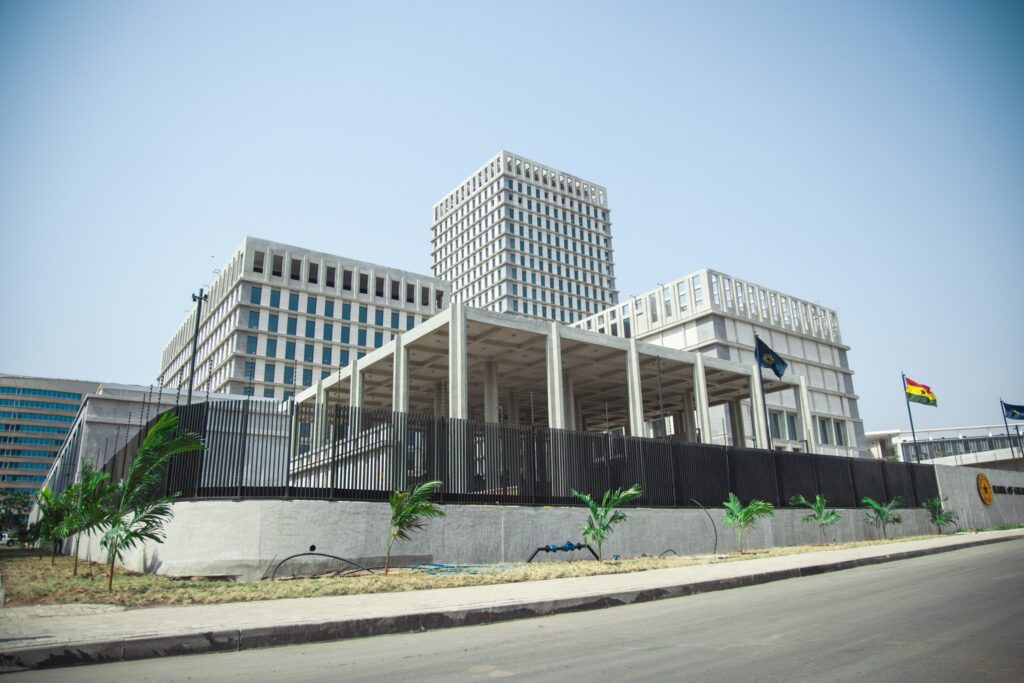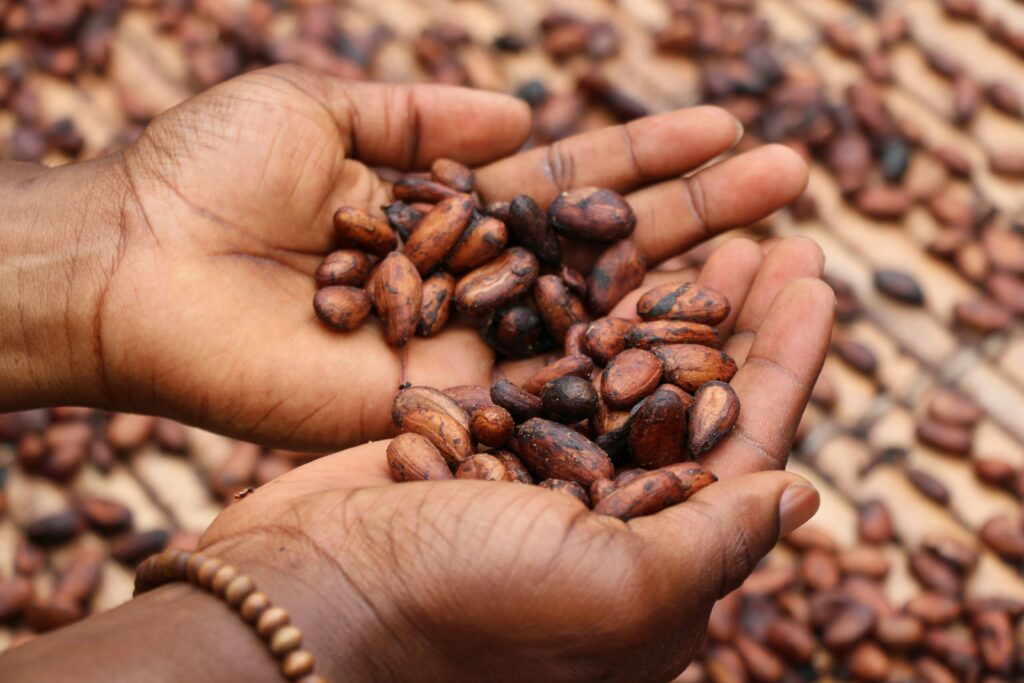In a sweeping new report, the World Bank has laid out an ambitious blueprint for Ghana to break free from decades of economic boom-and-bust cycles, urging the country’s new government to embark on far-reaching reforms that could triple per capita income by 2050.
The report, titled “2025 Policy Notes: Transforming Ghana in a Generation,” comes at a pivotal moment for Ghana, which held elections in December 2024 amid lingering fallout from a 2022 debt crisis.
The opposition’s landslide victory has given the incoming administration a strong mandate and parliamentary majority, offering what the World Bank describes as a “unique opportunity” to reset the economy, restore public trust, and harness the country’s youthful population.
“Ghana’s history is marked by persistent governance issues that have obstructed policy reforms and prevented structural transformation,” the report states, pointing to the country’s reliance on natural resources like oil, gold, and cocoa, which have fueled volatility rather than broad-based growth.
Without change, the World Bank warns, Ghana’s economy could plateau at around 3.8 percent annual growth, delaying upper-middle-income status until after 2050.
But with “ambitious reforms,” growth could exceed 6.5 percent, lifting millions out of poverty and capitalizing on a demographic dividend.
Background
Ghana, often hailed as a beacon of democracy in Africa, has seen its progress stall in recent years.
Per capita income has hovered around $2,200 for a decade, poverty affects more than a quarter of the population, and international poverty rates (measured at $3 a day in 2021 purchasing power parity) rose slightly to 40 percent in 2023 from 39 percent in 2017.

The 2022 crisis, exacerbated by the Covid-19 pandemic and Russia’s invasion of Ukraine, exposed deep vulnerabilities: soaring inflation above 50 percent, a plummeting cedi, and unsustainable debt that led to a default and IMF bailout.
The World Bank’s analysis attributes these woes not just to external shocks but to internal failings: fiscal indiscipline, weak revenue collection, and mismanagement in key sectors like energy and cocoa.
“The deterioration of global conditions… merely exposed an economy already beset with deep structural vulnerabilities,” the report notes.
Central to the recommendations is restoring macro-financial stability. The Bank advises against a hasty return to Eurobond markets or heavy foreign exchange interventions to prop up the cedi, warning that such moves could undermine competitiveness and signal complacency.

Instead, it calls for steady primary fiscal surpluses through enhanced domestic revenue mobilization—targeting a tax-to-G.D.P. ratio closer to peers like Rwanda and Senegal—and stricter expenditure controls.
This includes fully implementing the Public Financial Management Act and integrating all spending into a Treasury Single Account to curb overruns and arrears.
Much Needed Reforms
Reforms in the energy and cocoa sectors are flagged as urgent tests of the government’s resolve.
The energy sector, dominated by state-owned enterprises like the Electricity Company of Ghana (ECG), drains about 2 percent of G.D.P. annually in shortfalls and arrears, despite billions in government transfers.
The report proposes private sector involvement in ECG operations to boost efficiency and revenue collection, potentially saving billions that could be redirected to infrastructure or social programs.
Similarly, the Ghana Cocoa Board (COCOBOD) is criticized for its monopsony on bean procurement, which distorts markets and burdens farmers.
Unbundling COCOBOD’s roles and eliminating its monopoly could boost production, raise farmer incomes, and curb illegal mining by narrowing income gaps with the sector.

The report also emphasizes boosting private sector-led growth to create jobs for Ghana’s youth bulge. With most new employment in low-productivity informal sectors, the Bank urges a “comprehensive productivity and jobs strategy” to foster a business-friendly environment.
This includes streamlining regulations, reducing border delays, and addressing barriers like limited finance and infrastructure.
In manufacturing, sectors like food processing and garments hold untapped export potential, while digital upgrades could help firms adopt sustainable practices.
Human Capital Development
Human capital investment is another pillar. Despite gains in education and health, Ghana lags peers, with poverty concentrated in rural northern regions.
The report recommends improving education quality, expanding primary health care, and bolstering social protections like the Livelihood Empowerment Against Poverty program—all while phasing out regressive energy subsidies that cost far more than targeted aid.

Environmental sustainability looms large, given Ghana’s reliance on agriculture and mining. Deforestation, soil erosion, and climate shocks have degraded resources, with illegal mining (known as galamsey) polluting rivers and displacing farmers.
The Bank calls for better natural resource management, including institutional consolidation and enforcement of laws, alongside climate-smart agriculture to boost yields in staples like maize and cassava.
Infrastructure reforms target transport, urban planning, digital connectivity, and water security, advocating public-private partnerships to close gaps without ballooning debt.

Underpinning it all are institutional reforms to combat corruption and depoliticize the public sector. Ghana scores poorly on corruption indices, with public trust in institutions at just 34 percent—below the African average.
The report urges streamlining anti-corruption agencies, enforcing asset declarations for officials, and professionalizing procurement to ensure transparency.
It also calls for rationalizing state-owned enterprises, closing nonstrategic ones, and granting more autonomy to local governments through performance-based fiscal transfers.
Reforms are Paramount
The vision is transformative: With moderate reforms, growth could hit 5.5 percent; ambitious ones could add points through productivity gains, higher investment, and better human capital.
By 2050, G.N.I. per capita could reach upper-middle-income levels, echoing successes in countries like Poland or South Korea that escaped the “middle-income trap” through sustained reforms.
Ghanaian officials have signaled openness. At the 2025 National Economic Dialogue, the government identified similar priorities, including a “24-hour economy” and anti-corruption drives.
But implementation will be key. “Success will ultimately be measured by the ability of the government to regain the trust of its citizens,” the report concludes.
This article was edited with AI and reviewed by human editors





